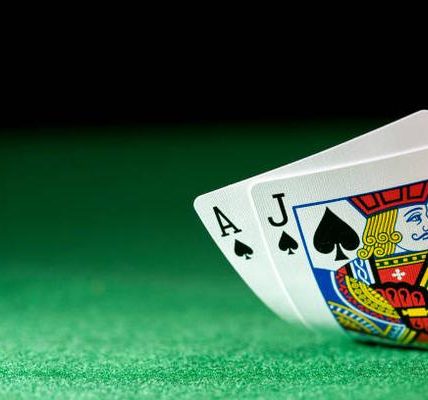Addiction is a complex and multifaceted issue that affects millions of individuals worldwide. One form of addiction that has gained widespread attention in recent years is gambling addiction, particularly related to slot games. Slot games, also known as slot machines or pokies, are popular forms of gambling found in casinos, bars, and online platforms.
The appeal of slot games lies in their simplicity and instant gratification. Players insert coins or credits into the machine, spin the reels, and wait for the outcome. The thrill of potentially winning big prizes with minimal effort can be highly enticing for many individuals. However, this same allure can also lead to addictive behaviors.
What exactly makes slot games so addictive? The answer lies in the science behind how these games are designed to manipulate our brains. Slot machines are programmed using a random number generator (RNG) algorithm that determines the outcome of each spin. This randomness creates a sense of unpredictability and excitement for players.
In addition to RNG algorithms, slot games incorporate various psychological techniques to keep players engaged and coming back for more. One such technique is intermittent reinforcement, where rewards are given at unpredictable intervals rather than every time a certain action is performed. This creates a sense of anticipation and keeps players hooked on chasing the next win.
Another key factor in the addictive nature of slot games is their visual and auditory stimuli. Bright colors, flashing lights, catchy sound effects – all these elements work together to create an immersive gaming experience that captures players’ attention and triggers dopamine release in the brain. Dopamine is a neurotransmitter associated with pleasure and reward, making us feel good when we engage in pleasurable activities like playing slot games.
Furthermore, slot games often feature themes based on popular culture or fantasy worlds that resonate with players’ interests and emotions. These themes serve to enhance player engagement by creating a sense of familiarity or escapism from reality.
Understanding the science behind addiction can help us better recognize its warning signs and take steps to prevent or address problematic behaviors before they escalate into full-blown addiction. If you or someone you know is struggling with gambling addiction related to slot games, seeking professional help from therapists or support groups can provide valuable resources for recovery.
In conclusion, while slot gacor games may seem harmless at first glance, their addictive potential should not be underestimated. By understanding how these games manipulate our brains through psychological tricks and sensory stimuli, we can make informed choices about our gaming habits and prioritize responsible play over compulsive behavior.









